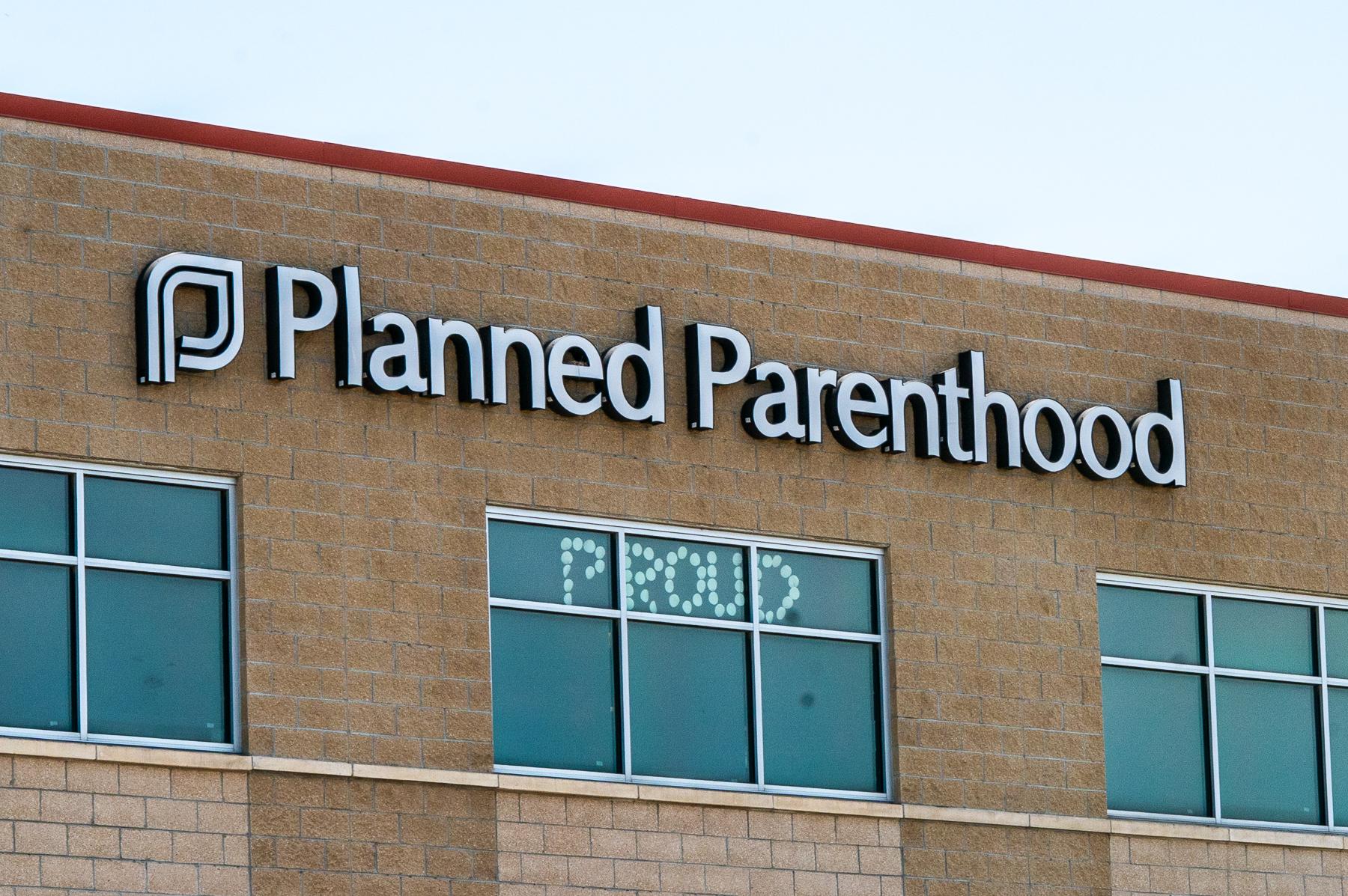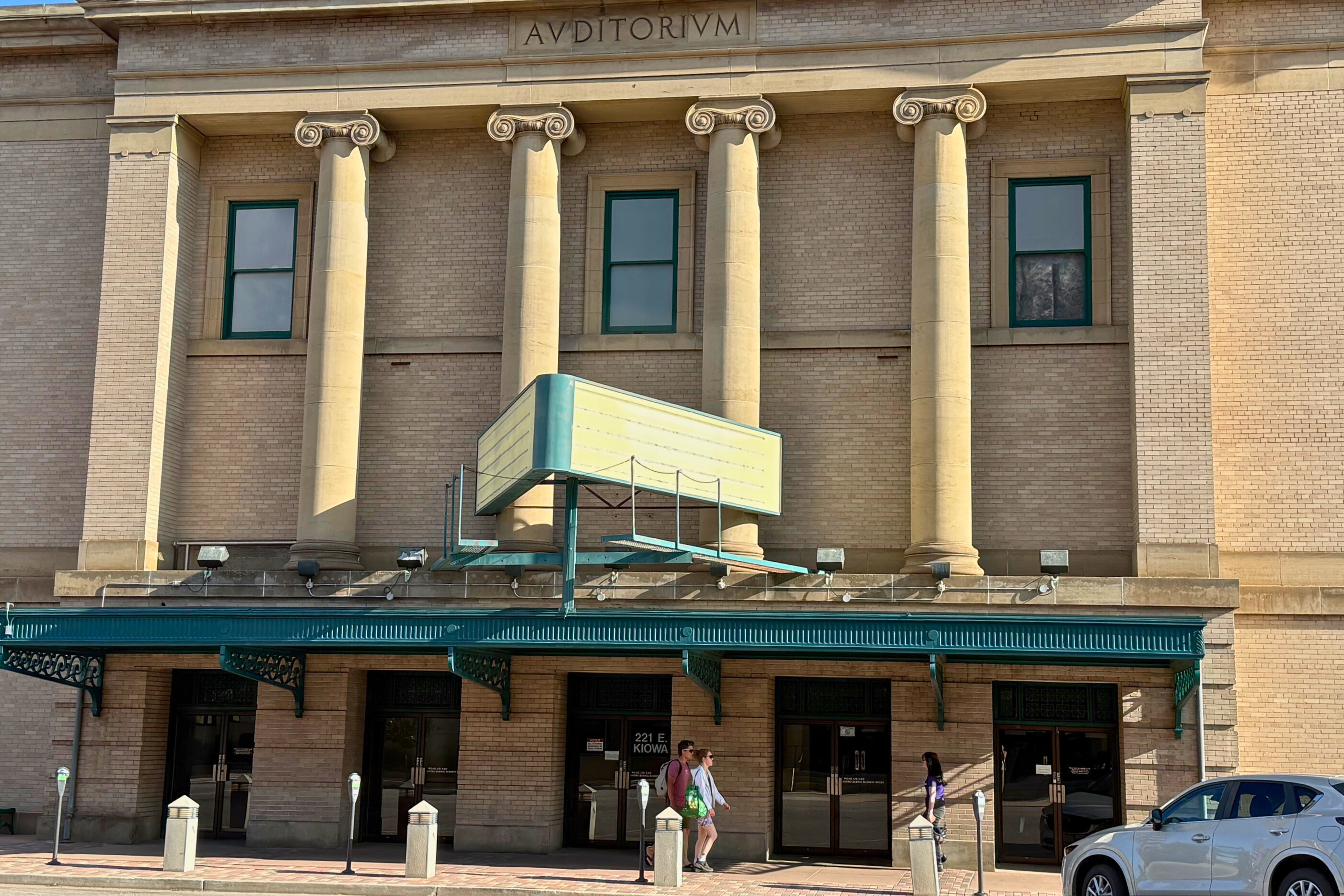
The U.S. is going through a "big sort," according to political analysts, in which Democrats are moving closer to Democrats, and Republicans closer to Republicans.
Geographically, "the country is really transforming into two poles," says Associated Press reporter Nick Riccardi, who covers Western politics. Those poles, he adds, mean cities are increasingly full of Democrats, while rural areas increasingly lean Republican.
In July, Riccardi wrote about the urban-rural divide in America through the lens of two Colorado communities: Denver, which is bustling with growth, and Rocky Ford, an Eastern Plains community that has seen people, and jobs, move away.
Riccardi's piece profiled two women. Andrea Pacheco lives in Denver and says the past eight years have benefited her personally and professionally. For example, she recently married her partner, which would have been illegal before the Supreme Court legalized same-sex marriage. She supports Hillary Clinton in the election.
About 150 miles to the southeast, Peggy Sheahan lives in Rocky Ford and says she has seen no positive changes in her community in the past eight years. She calls herself a conservative and says she will vote for Donald Trump, though she "may not totally approve of everything that Donald Trump represents," she says.
Riccardi, Pacheco and Sheahan all spoke with Colorado Matters host Ryan Warner about the urban-rural divide in Colorado and how it relates to the 2016 presidential election.
Sheahan, who lives in Rocky Ford, on changes in her community in the past eight years:
"We have lost jobs. People have moved out ... I am a small business owner. I repair windshields. I have done this for 21 years. I would not be able to hire anyone and meet the standards of what is required to pay health insurance, taxes. Anybody that has more than 10 employees, I don't know how they can survive."
Sheahan on why she thinks Trump would improve her community:
"For one thing he's been a businessman all of his life. He also knows that he does not have all of the answers, especially in the political field, because this is something basically new for him. So he's not above finding someone with the knowledge, and I believe that is why he chose the vice president that he did. He also knows that the little people, which he still has a relationship with, is struggling. And he is willing to do what he can to bring jobs back to America, bring the manufacturing, the companies back to America."
Pacheco, who lives in Denver, on changes in her community in the past eight years:
"When President Obama came into office, we were in an incredibly economically depressed state. I work in fundraising, so when our economy's depressed, obviously donations go down. One of the ways I've been able to sort of track the success Obama's had in the slow and steady improvement in our economy has been our ability to better fundraise."
Pacheco on her understanding of the challenges in rural Colorado:
"I have a lot of empathy for Peggy's worldview ... I do think that we'll continue to see some of that urban-rural divide, with manufacturing jobs, with farming jobs, we have robots doing a lot of those things now. Technology doing the job that people used to do. I think that's been a gradual change over many decades of our country, and I don't think we can attribute those changes to any particular president or any particular party."









